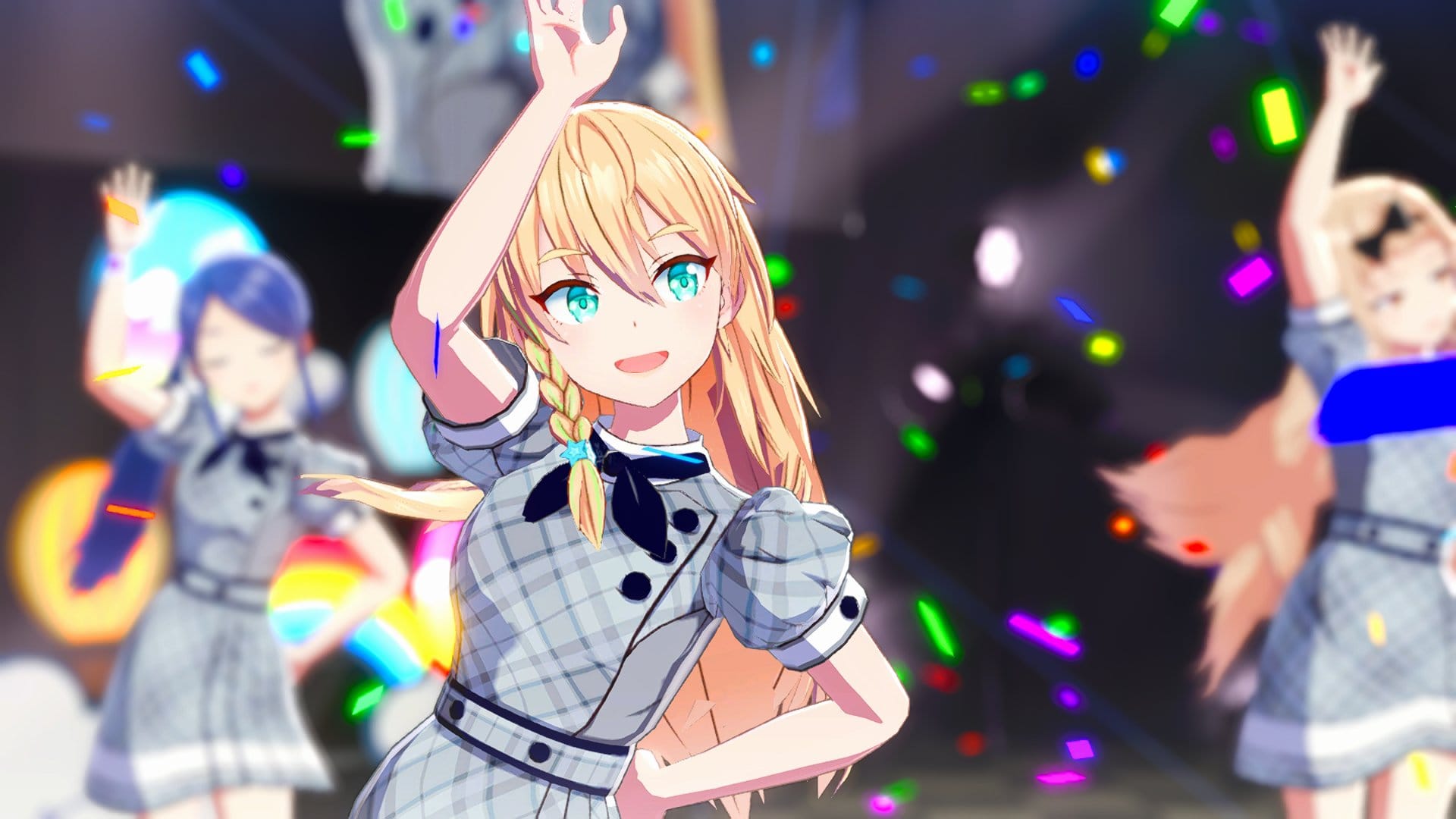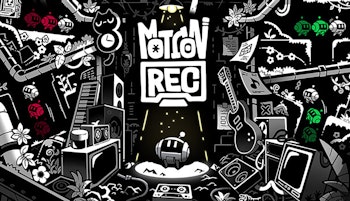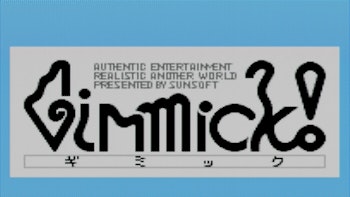
Amidst a glut of ports and remastered that joined Mario Kart World for Nintendo Switch 2’s record-breaking global launch this month, there was one curious exception. Not only was Shine Post: Be Your Idol a Switch 2-exclusive brand new game, it was an original IP and only available in the Japanese market. Konami were staking their claim to a piece of the elusive yet lucrative idol game market.
According to first week sales figures, the game sold barely over 3000 physical units, and though digital units have not been revealed, it's unlikely to tip the scales to any notable extent. You could blame this sales underperformance on the challenge of marketing such a niche title to the relatively small audience with access to this new hardware on launch day. But is there a scenario where this could ever have found an audience? Was limited availability really the issue? The reality is that, regardless of platform or audience, it’s incredibly difficult to launch a successful idol game in 2025.
When it comes to idol games, the two franchise most associated with the genre are Love Live! School Idol Project and Idolm@ster. The former found success in the peak of the mobile gaming boom, leveraging a strong multimedia presence to attract fans into a multifaceted world surrounding these school idols. The original Love Live anime was a breakout hit, uplifted by a compelling story that allowed fans to feel close and connected to these stars by understanding exactly what inspired these fictional idols to perform.
Idol fandom is defined by emotional connections between talent and fan, through relatability, a deemed closeness. Transcending dimensions in terms of that connection, with a way to show support by playing a free mobile game and collect costumes for their favorites through gacha, it was a whole new avenue beyond physical merchandise to support and feel close to your favorite.
You were a part of their friend group, in a sense, by the sense of getting a peek behind the curtain to see stories play out away from the stage and watching them grow beyond insecurities in-game and in anime. You can’t feel closer than that, can you. Idol games live and die on a complex multimedia mix that immerses fans both in the music of its 2D idols, and the many ways in which they can support or follow their activities and engage beyond merely watching from afar.
It works, and turns a game or anime into a multimedia titan to be reckoned with. The most popular series in this space will hold concerts where the voice actors for these virtual idols will perform, or they’ll have anime, manga, and lots of merchandise for both the character and voice actor that allow fans to immerse their lives in these idols. Idol games succeed by turning their fans into supporters of their virtual idols and the broader music and franchise so monetarily invested in their series, it’s a challenge for any new franchise to break in and find a dedicated audience.
The space is saturated, and those finding success in merging the virtual and physical music worlds together today are finding their success away from the idol scene and away from gaming. This is why the recent multimedia 2D musical stars have had their roots in anime, not games, less in the idol scene but genres like rock as seen with the popularity of Bocchi the Rock and Togenashi Togeari from Girls Band Cry, transforming live music in their own direction. You have Uma Musume, which incorporates idol music and elements while being distinctly its own thing (a sports series centered on horse racing), or Project Sekai, which has an idol group as one of the in-game music groups but ties multiple genres and styles with the connective tissue of Vocaloid.
Even new idol games from established series are not necessarily a sure-fire success. Gakuen Idolm@ster was a hit for Bandai Namco, but Love Live: School Idol Project 2 replaced the original title and shut down within two years. Both of these came from established series with continued support from their producers, too, and it didn’t guarantee success. While Shine Post was a collaboration between Konami and Straight Edge with light novels, a manga and anime, both the manga and anime concluded and ended in 2022, and between 2023 and June 2025, only a pre-launch buildup of a few months for this new game broke up a dearth of concerts, music and merchandise.
With such little momentum, could Shine Post: Be Your Idol ever have been successful? Would it have arguably had more success as a new IP, with efforts being made to kickstart a franchise on the back of this launch as opposed to its current state as a stuttering relaunch of a dormant idol idea? Realistically, the industry has moved on. Those with an already-established base of fans, and those exploring other music genres and styles, are the only ideas with a chance of success when the otaku fanbases who may have once attached to an idol game have found their needs met elsewhere.
The idol industry was in an interesting state in the early 2010s, around the time idol games went from the niche established by Idolm@ster in game centers and arcades to the home of some of the biggest multimedia franchise in Japan with Love Live. The many-member deluge of AKB48 built upon the back of the Tsunku-fueled Hello!Project heyday of Morning Musume, Berryz!Kobou and Buono from the late-1990s and early 2000s spiraled further with the mainstream propulsion of Momoiro Clover Z and the birth of denpa music with Dempagumi Inc. Then J-Pop and idol music diverged, and idols moved away from the spotlight, with those making a splash being those adopting idol aesthetics in other genres like punk and rock (WACK), or were male idols that more closely followed J-Pop conventions.
Virtual and 2D idols from games and anime took the mantle left behind by the rest of the industry, leveraging multimedia fascination to propel themselves with a new, broader audience. Nowadays, however, the idol industry has seen a resurgence, with even the space for virtual idols being unrecognizable from what it once was a decade prior. Suddenly, the more cutesy idol groups have had a revival of interest as a new wave of artists have hit the mainstream, particularly those from KAWAII LAB like Fruits Zipper, Cutie Street, and Candy Tune. The virtual and 2D idol space is still sustaining, but this has increasingly been subsumed into the realm of music-first virtual artists, VTubers like Hololive making jumps into the field, or the increasing merger of these spaces.
The old idol games that retain a dedicated audience are far from irrelevant, or we wouldn’t be asking what we like whenever we wander down an ice cream aisle in a supermarket thanks to AiScReam. The revival of more traditional idols and the virtual space’s evolution to VTubers building connections through social media and livestreaming, rather than a game with its own story, mean only the legacy series survive.
Shine Post: Be Your Idol needed more support from Konami to have a chance of success, and making it a Nintendo Switch 2 exclusive at launch was just one issue. Everything about this release feels like a remnant of a lost time in a space that has, frankly, moved on.










